About The Conference
Superconducting Qubits and Algorithms (SQA) is a not-for-profit scientific conference with a focus on science, technology, and algorithms relevant for superconducting quantum computers. It is organized by QuTech, Orange Quantum Systems, and IQM Quantum Computers in cooperation with the scientific community. Our goal is to make this the leading event in its field.
Where
Theather de Veste - link - maps
Delft, The Netherlands
on-site participation only, but talks can be freely watched via live stream
When
Monday to Thursday
August 25 - 28, 2025
Livestream
Watch the livestream here (or on YouTube)
Speakers
Keynote speakers
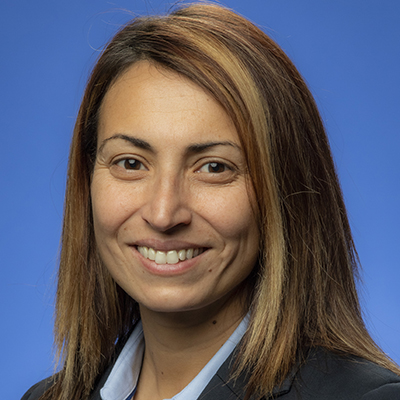
Anna Grassellino
Fermilab
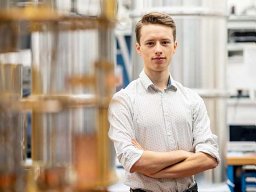
Nathan Lacroix
Google Quantum AI

Harry Putterman
Amazon Web Services
Invited speakers
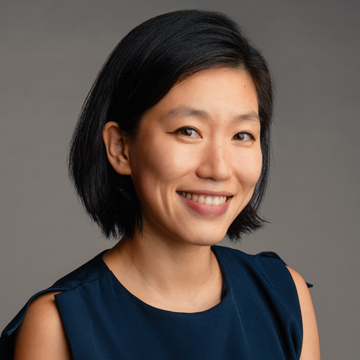
Yvonne Gao
NU Singapore
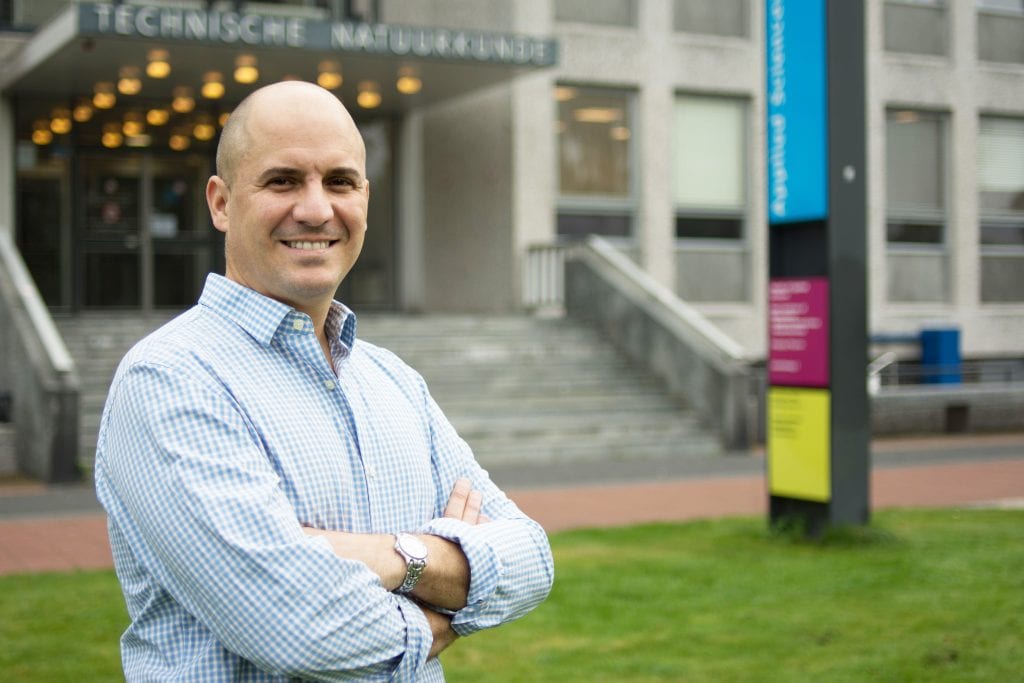
Leo DiCarlo
QuTech / TU Delft
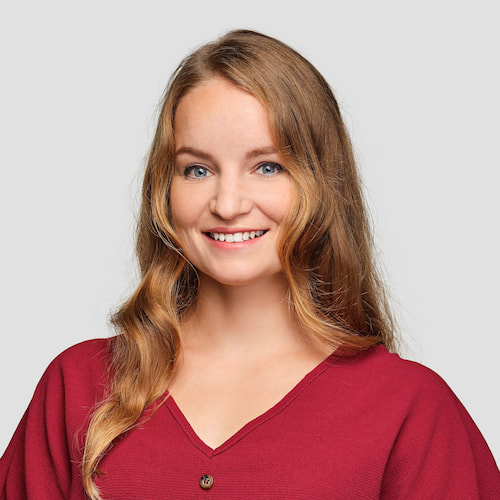
Elisa Bäumer
IBM Quantum
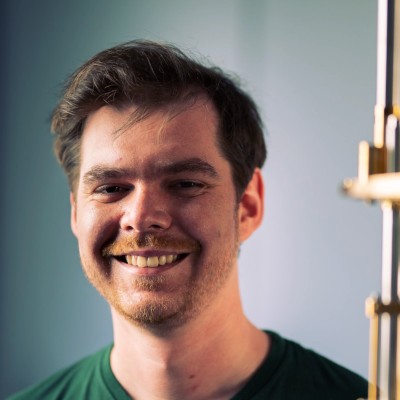
Max Werninghaus
WMI Munich
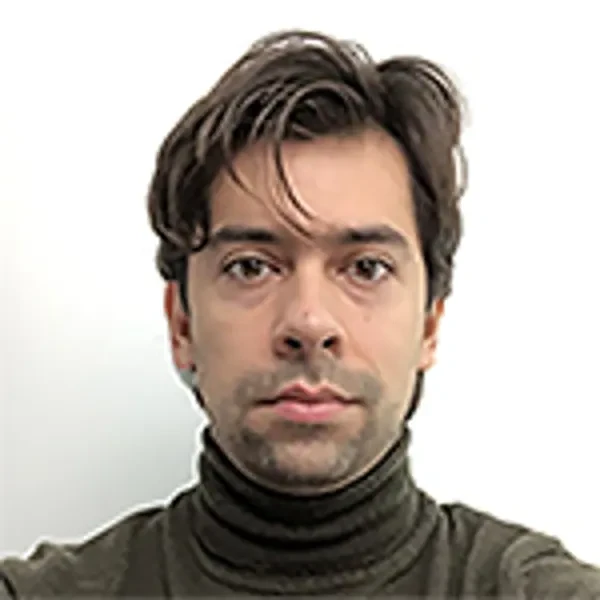
Simone Gasparinetti
Chalmers University
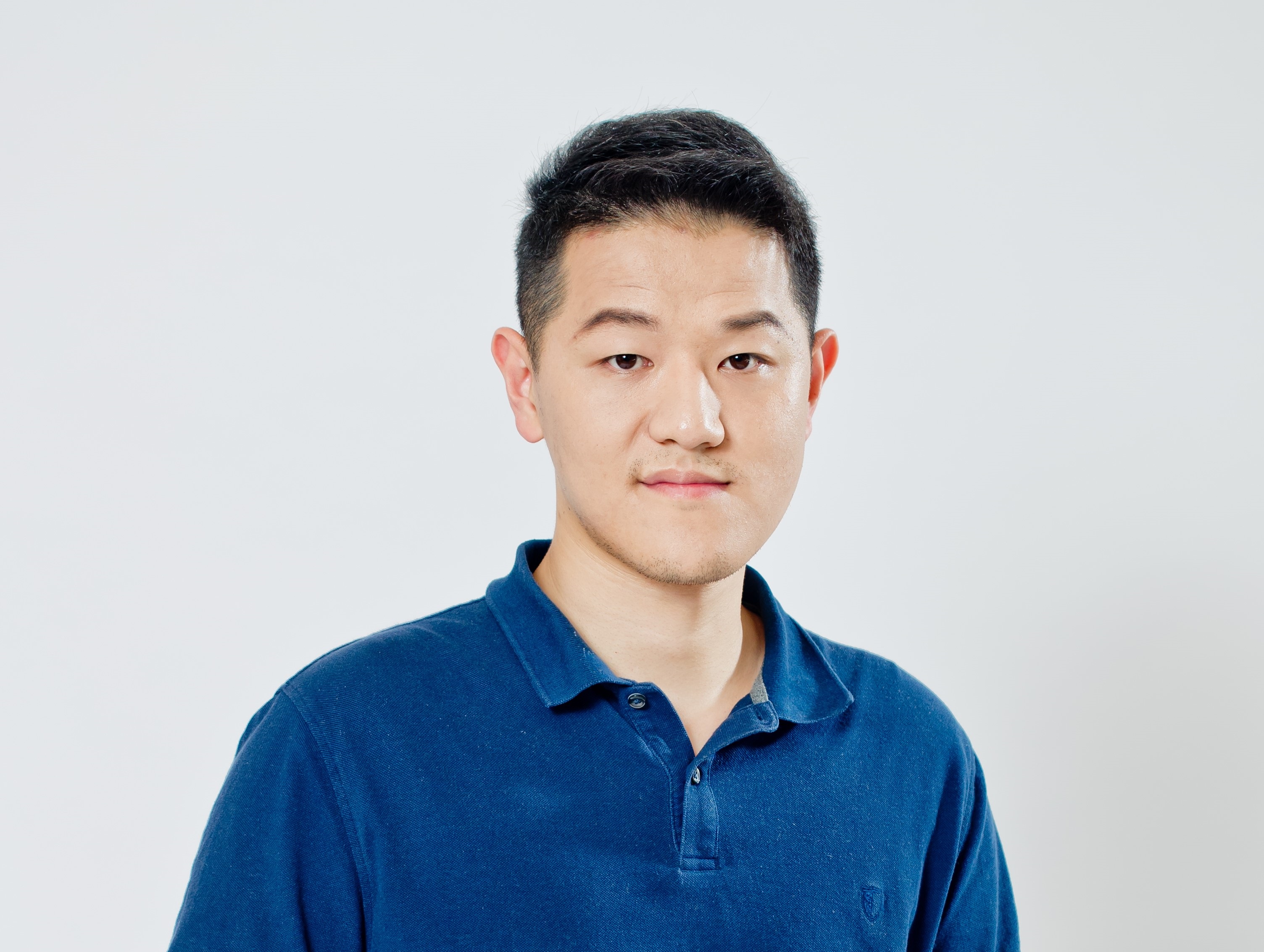
Chunqing Deng
Quantum Science Center of Guangdong-Hong Kong-Macau Greater Bay Area
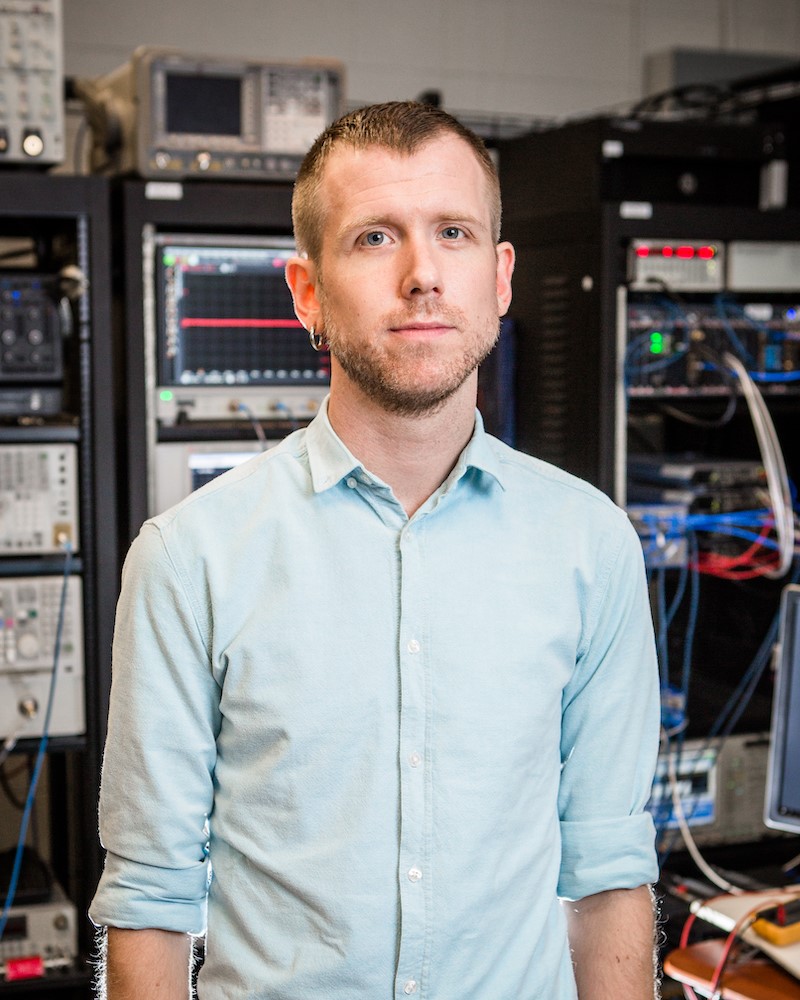
Morten Kjaergaard
Niels Bohr Institute, University of Copenhagen
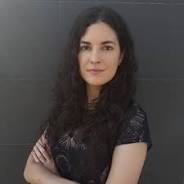
Alba Cervera Lierta
Barcelona Supercomputing Center
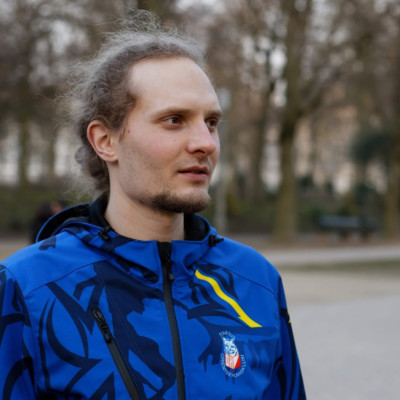
Johannes Heinsoo
IQM Quantum Computers
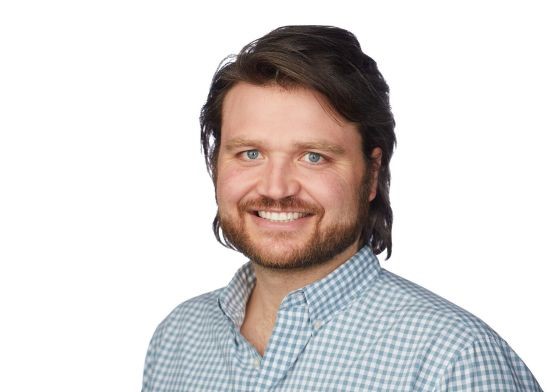
Andrew Bestwick
Rigetti Computing
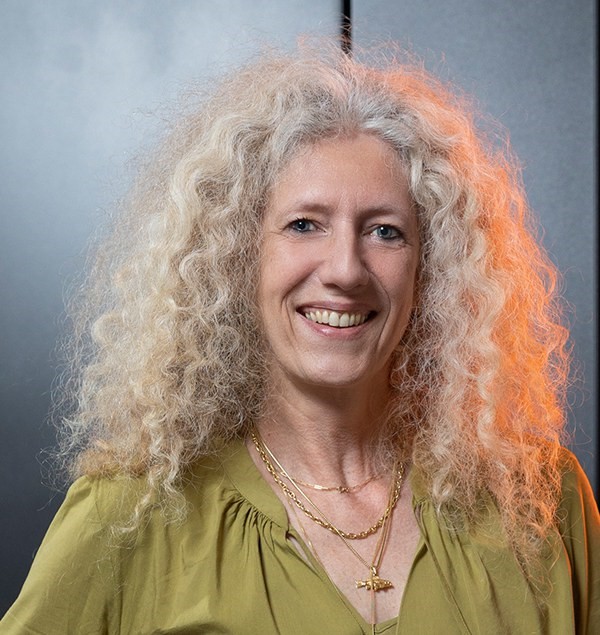
Kristel Michielsen
RWTH Aachen University and Forschungszentrum Jülich
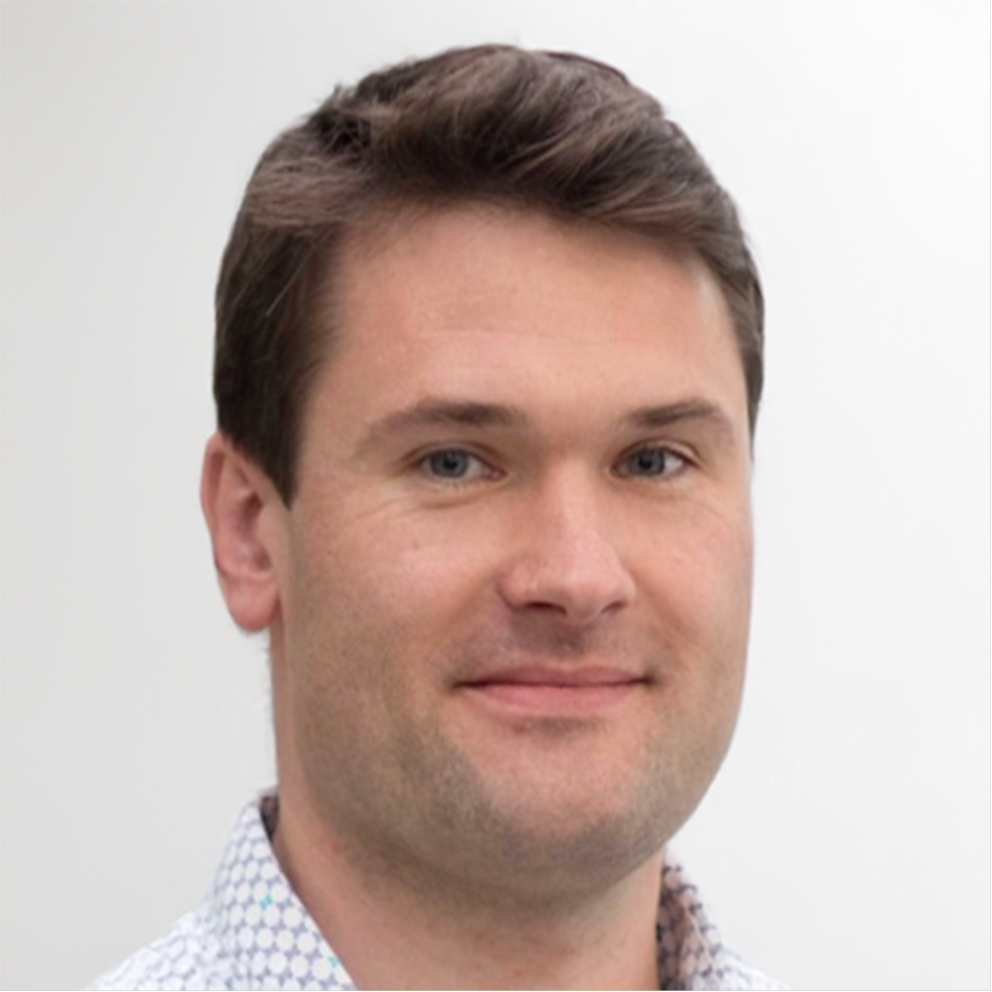
Nicolas Didier
Alice and Bob
Committee
Scientific Committee
Local Organizing Committee
Important Dates
Abstract Submission Deadline
April 21, 2025 AoE
Notification of Acceptance
May, 2025 AoE
Early bird Registration Deadline
June, 2025 AoE
Registration closes
August 18, 2025 AoE
Conference
August 25 - 28, 2025
Event Schedule
Check out the abstracts here
Check the Conference Guide
Time per talk
Keynote talk: 45 mins
Invited talk: 25 mins
Contributed talk: 12 mins
3 to 5 mins of questions after each talk
Registration opens in Theater de Veste
Opening and Keynote
Keynote by Nathan Lacroix, Google Quantum AI: Scaling and logic in the color code on a superconducting quantum processor
Scientific Session: Quantum error correction - Chair: Alessandro Ciani, FZ Jülich
Ophelia Crawford, Riverlane: To reset, or not to reset -- that is the question
Stephan Tasler, Friedrich-Alexander-Universität Erlangen-Nürnberg: Parallelized CZ gates for parity
check measurements
Florian Vigneau, IQM Quantum computers: Quantum error detection with star architecture QPU
Welcome Reception supported by Quantum Machines and QuTech
Ask Me Anything with DiVincenzo - Moderator: Adriaan Rol, Orange QS
Prof. Dr. David DiVincenzo
Dr. Anne-Marije Zwerver
Prof. Dr. Frank Wilhelm-Mauch
Dr. Alessandro Bruno
Opening Day 2 and Keynote
Keynote by Anna Grassellino, Fermilab: Advancing Coherence of Superconducting Quantum Systems at the SQMS Center
Scientific Session: Materials, fabrication and devices - Chair: Alessandro Bruno, Quantware
Joonas Govenius, Arctic Instruments: Native-oxide-passivated trilayer junctions for superconducting qubits
Matvey Finkel, TU Delft: Self-aligning hard stops for a flip-chip architecture
Chung-Ting Ke, Academia Sinica: Scaffold-Assisted Window Junctions for Superconducting Qubit
Fabrication
Coffee Break
Scientific Session: Fluxonium and Error-Protected Qubits - Chair: Pranav Mundada, Q-CTRL
Chunqing Deng, Quantum Science Center, Guangdong-Hong Kong-Macau: Architectural Considerations for
Scaling a Fluxonium Processor
Vivek Maurya, University of Southern California, USA: A Compact Planar Multi-Modal Device for
Efficient Error Suppression Encoding
Martijn Zwanenburg, TU Delft: Single-Qubit Gates Beyond the Rotating-Wave Approximation for Strongly
Anharmonic Low-Frequency Qubits
Lunch Break
Poster Session 1
Workshop: "Mastering Qubit Calibration with QUAlibrate" by Quantum Machines
Location: Pathe
Workshop: From QPU Characterization to QEC experiments: An End-to-End Workflow with LabOne Q and Deltakit by Zurich Instruments and Riverlane
Location: Pathe
Workshop: "More capabilities, fewer lines of code" by Qblox
Location: Pathe
Workshop: "Accelerating Quantum Computing Research with IQM Resonance" by IQM
Location: Pathe
Workshop: "ML calibration and continuous operation of superconducting QPUs" by Qruise
Location: Pathe
Coffee Break
Scientific Session: Quantum Algorithms - Chair: Christopher Warren, Niels-Bohr Institute
Alba Cervera Lierta, Barcelona Supercomputing Center: Quantum-HPC integration: challenges and
opportunities
Philipp Aumann, ParityQC: Scaling enhancement of quantum algorithms on superconducting qubit
hardware
Francesco Monzani, University of Milan: Universal gate-based quantum reservoir computing for
sequential data process
Klaus Liegener, Walther-Meissner-Institute: Simulating gauge-invariant SU(2) Yang-Mills Theory with
near-term quantum computers
Roberto Moretti, University of Milan-Bicocca: Parallelizing commercial quantum hardware for feature
encoding optimization in neutrino physics
Excursions
Delft Quantum Ecosystem tourQuTech facilities
House of Quantum EW10
House of Quantum DT01 QBlox & Partners
Guided boat tour supported by Zurich Instruments
Opening Day 3
Scientific Session: Quantum benchmarking, calibration and standardization. Supported by OpenSuperQPlus - Chair: Stefan Filipp, TU Munich / Walther-Meißner-Institut
Morten Kjaergaard, Niels Bohr Institute, University of Copenhagen: Real-time benchmarking and
sub-second calibration with state-of-the-art quantum processors
Arthur Strauss, NU Singapore: Reinforcement Learning for real-time context-aware gate calibration with
DGX Quantum
Alexandra Ramôa, Iberian Nanotechnology Lab: Characterization of Superconducting Qubits in a Low Data
Regime
Elena Lupo, Forschungszentrum Jülich: A charge-basis tomographic protocol for superconducting qubits
Coffee Break
Scientific Session: Coupling and modelling of superconducting qubits - Chair: Michaela Eichinger, Quantum Machines
Max Werninghaus, Walther-Meissner-Institute Munich: The P-Mon -- A Protected Three-Mode Qubit
Simon Pettersson Fors, Chalmers: Scalable and non-perturbative effective models for
superconducting-qubit processors
Verena Feulner, Friedrich-Alexander-Universität Erlangen-Nürnberg: Multi-qubit couplers and
multi-qubit gates
Lunch Break
Poster Session 2
Workshop: "Introduction to Quantum Inspire and Quantum Network Explorer Demonstrators" by QT Indu
Location: Pathe
Workshop: "OrangeQS Juice & Quantify" by Orange Quantum Systems
Location: Pathe
Workshop: "Accelerating qubit calibration using Quantum EDGE" by QuantrolOx
Location: Pathe
Workshop: "Contralto-A: Calibrating State-of-the-Art Quantum Processors for QEC" by QuantWare
Location: Pathe
Coffee Break
Keynote
Keynote by Harry Putterman, Amazon Web Services: Hardware-efficient quantum error correction using concatenated bosonic
Scientific Session: Bosonic and hybrid qubits - Chair: Christian Schoenenberger, University of Basel / YQuantum
Yvonne Gao, NU Singapore: Control and measurement of Schrodinger cat states in bosonic cQED
Sergey Hazanov, Weizmann Institute of Science: Enhancing the Kerr-cat qubit with auto-parametric
dissipation
Zhenhai Sun, University of Copenhagen: Uncovering intrinsic loss mechanisms in super-semi nanowire
gatemons
Tobias Bonsen, TU Delft: Spin circuit QED in the time domain
Dinner in the Nieuwe Kerk
Opening Day 4
Scientific Session: Quantum control and enabling technologies - Chair: Adriaan Rol, Orange QS
Elisa Baumer, IBM Quantum: Dynamic Circuits for Efficient Quantum Computation: Logarithmic-Depth
Approximate Quantum Fourier Transform on a Line
Michaela Eichinger, Quantum Machines: Tightly integrating a GPU and a QPU for fast calibration of
multi-qubit circuits
Anurag Saha Roy, Qruise: Quantum system characterisation and error budgeting using differentiable
digital twins
Jelena Trbovic, QuantrolOx: Automated QPU Characterization and Calibration Workflows: From Bring-Up to
Gate Optimization
Taryn Stefanski, QPhox: Scalable Quantum Computing with Optical Links
Coffee break
Scientific Session: Applications of superconducting qubits beyond computing
Simone Gasparinetti, Chalmers: Quantum thermodynamics with superconducting circuits: fundamental
insights and applications
Takeaki Miyamura, University of Tokyo: Generation of frequency-bin microwave photons enabled by a
broadband resonator
Fernando Valadares, National University of Singapore: Single-atom maser in bosonic circuit QED through
flux-activated parametric dissipation
Conference Photo
Lunch Break
Scientific Session: Full-stack systems, quantum gates and quantum readout - Chair: Frank Wilhelm-Mauch, OpenSuperQ / Forschungszentrum Jülich
Leo DiCarlo, QuTech and Kavli Institute of Nanoscience, Delft University of Technology: Mitigating
spectator effects and leakage in the Delft demonstrator
Fei Yan, Beijing Academy of Quantum Information Science: Efficient Implementation of Arbitrary
Two-Qubit Gates via Unified Control
Akel Hashim, Lawrence Berkeley National Lab: Heisenberg-limited calibration of quantum gates
Simone D Fasciati, University of Oxford: Fundamental speedup of the controlled-Z gate in
superconducting qubits using a triple-state degeneracy
Peter Spring, Riken Center for Quantum Computing: Fast multiplexed superconducting qubit readout with
intrinsic Purcell filtering
Coffee Break
Scientific Session: Scaling superconducting quantum devices - Chair: Thorsten Last, Orange QS
Johannes Heinsoo, IQM: Elements for high performance quantum error correction
Nicolas Didier, Alice and Bob: Hardware efficient quantum computing using cat qubits
Andrew Bestwick, Rigetti Computing: Rigetti's scalable quantum processor architecture with chiplets
and inter-modular tunable couplers
Kent R. Shirer, Zurich Instruments: Building a QPU tune-up framework for scalable quantum
computing
Yuval Baum, Q-CTRL: Scaling quantum optimization to the utility scale - solving nontrivial binary
optimization problems with SC quantum computers
Poster prize announcement
Closing of Conference
Excursion to Delft Circuits
Conference after-party
Supporters
Platinum supporters
Gold supporters
Silver supporters
Bronze supporters
Reception supporter
A big thank you also to past supporters.
Partner Summer School
The Quantum Technologies Summer School will be held in the week before SQA Conference, organised by QuTech and the Department of Quantum & Computer Engineering at TU Delft.
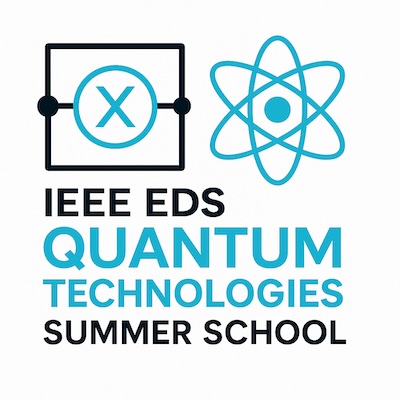
F.A.Q.
-
Can I attend without a submission?
Absolutely. Hope to see you in Delft!
-
Is the conference on-site or hybrid?
This conference is held on-site only. But we will live stream the conference.
-
What size should me poster be?
A0, portrait.
-
Where can I print my poster?
You can print and take your poster to SQA. For your convenience, you can also order your poster with Copie-Sjop in Delft. If you mention SQA Delft 2025, it will get printed and delivered to the conference for you:
Black and white (€6)
Color, affordable (€20)
Color, quality (recommend for posters with pictures) (€33) -
I'm a confirmed supporter and have a question about my booth
Booth construction for the exhibition area is again organized by Taikalyhty Oy. You can reach out to Ville Kantola directly.
-
I'm a confirmed speaker or poster presenter at SQA. Should I still register?
Yes! Contributed speakers and poster presenters must register as normal. For keynote and invited speakers, the registration is free of charge. All invited speakers should have received a discount code. If you have trouble with the registration process, reach out to Erik Anspach directly.
-
My company is a supporter of SQA. Should I still register?
Yes, but it might be free of charge. All supporters get a number of free tickets, depending on their level of support. The SQA contact person for your company should have received a discount code. With this code you can register without payment. If you have trouble with the registration process, reach out to Erik Anspach directly.
Location
Delft, The Netherlands
Located in the heart of the Netherlands,
Delft is a charming city with a vibrant innovation ecosystem.
Renowned for its historic canals, iconic blue pottery,
and the prestigious Delft University of Technology,
it combines rich heritage with cutting-edge advancements.
The city offers a wealth of cultural landmarks, picturesque streets,
and a delightful dining scene. Discover the beauty and inspiration
of Delft while you attend SQA 2025.
Learn more here.
Venue: Theater de Veste
Get Updates
We will inform you only about relevant updates (such as deadlines) concerning the SQA conference – promise!
Registration
Registration fees include lunch and refreshments on each day, and excursion.Travel and accomodation need to be booked separately. Registration closes on August 18, 2025 AoE.
Register
Student (including PhD) - Early Bird
€190
The early bird period ends at June 15th
Regular - Early Bird
€380
The early bird period ends at June 15th
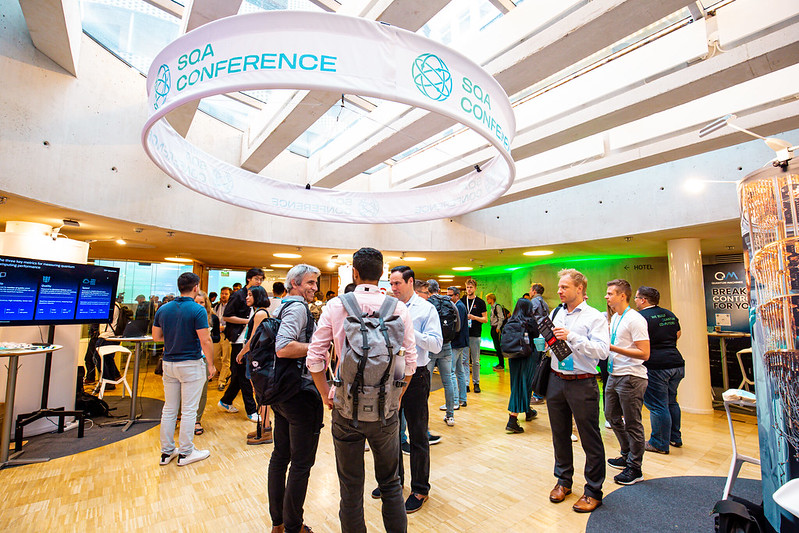
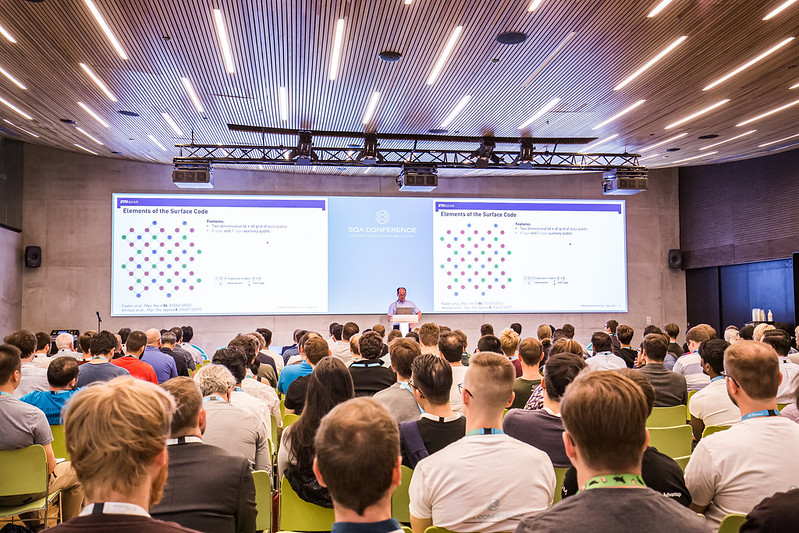
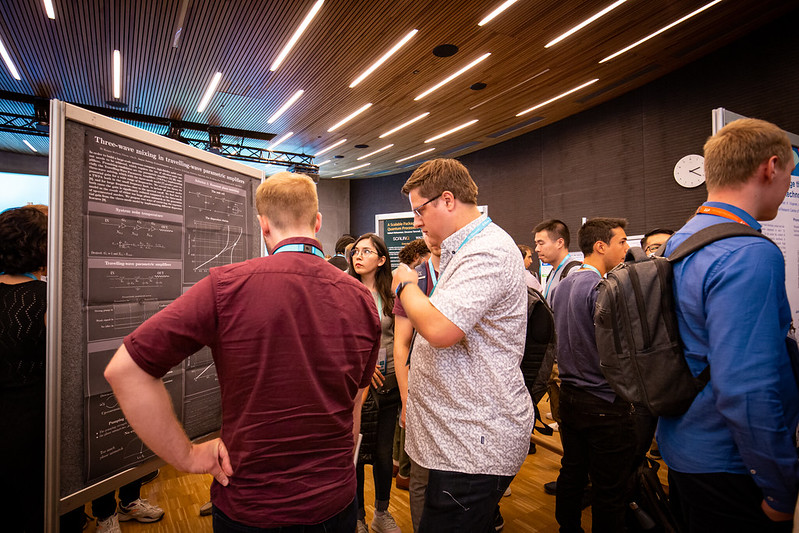
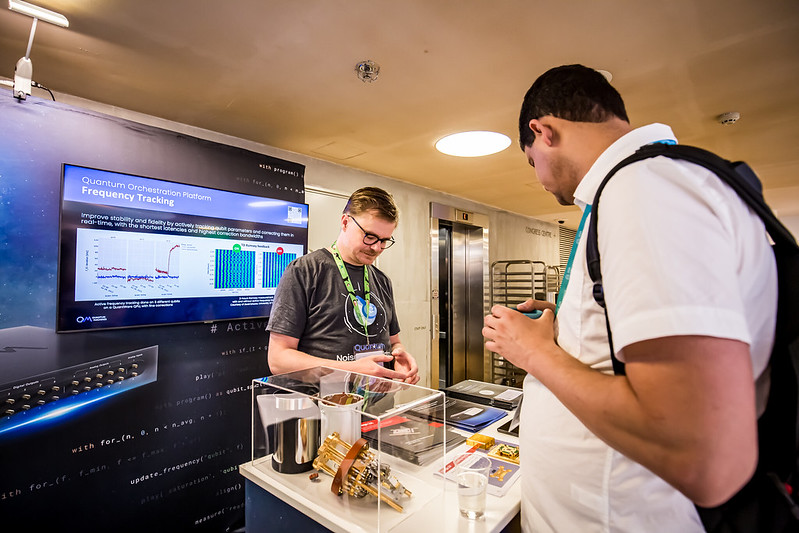
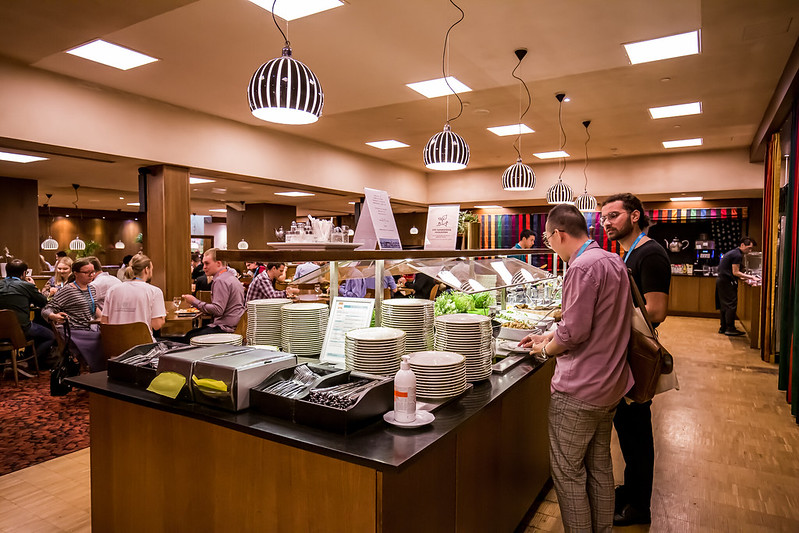
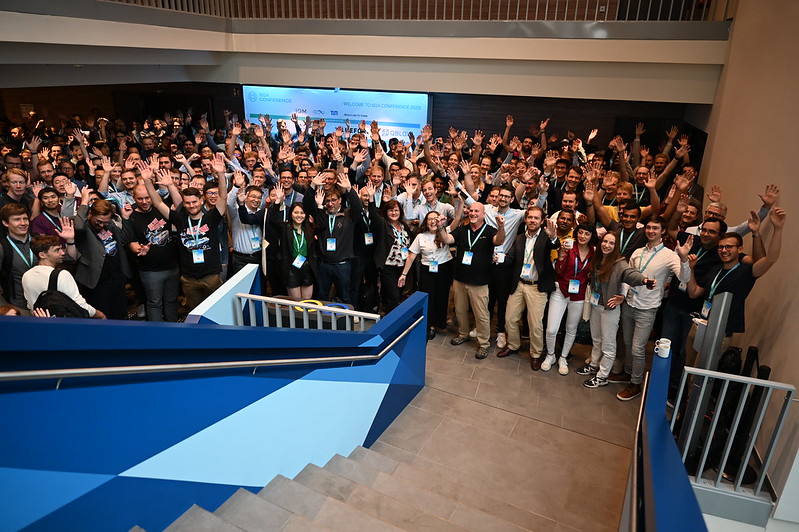
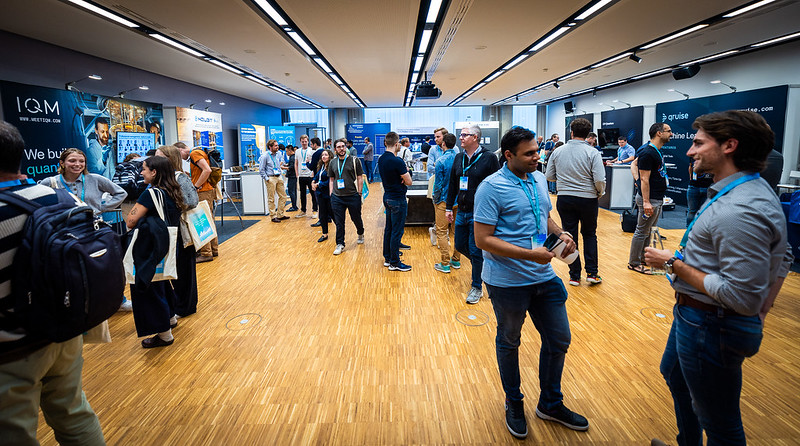
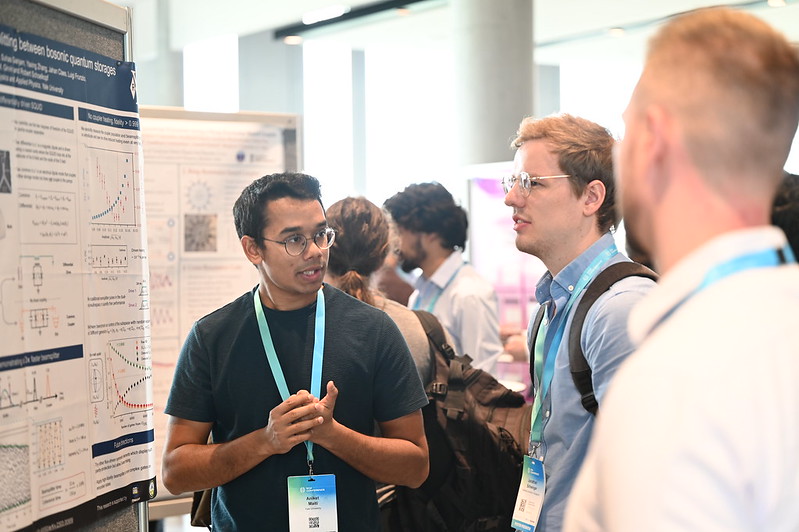
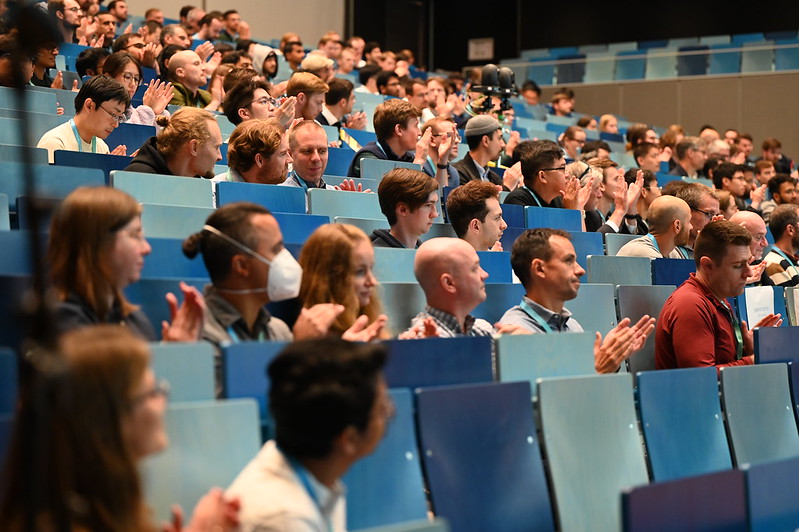
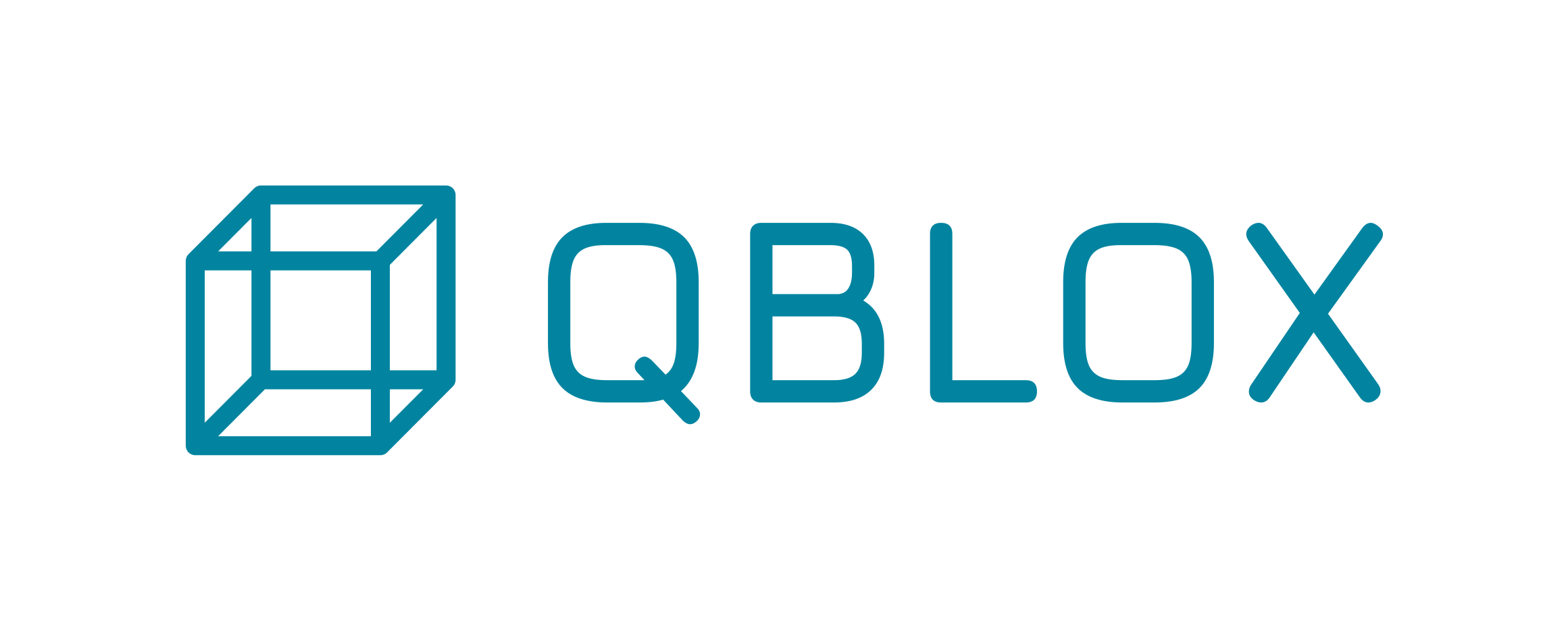


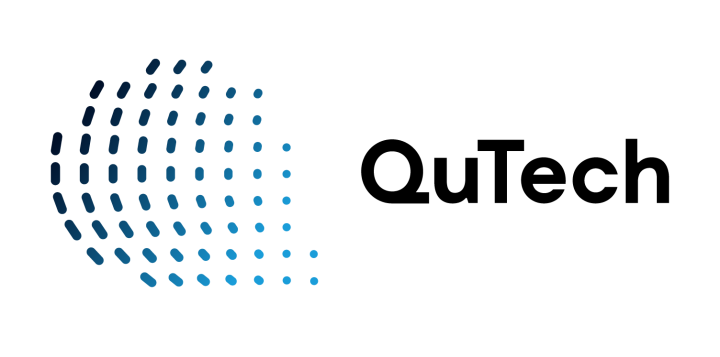

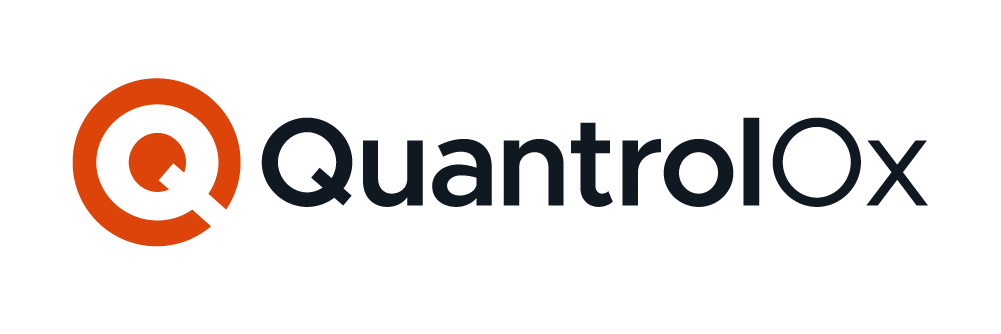
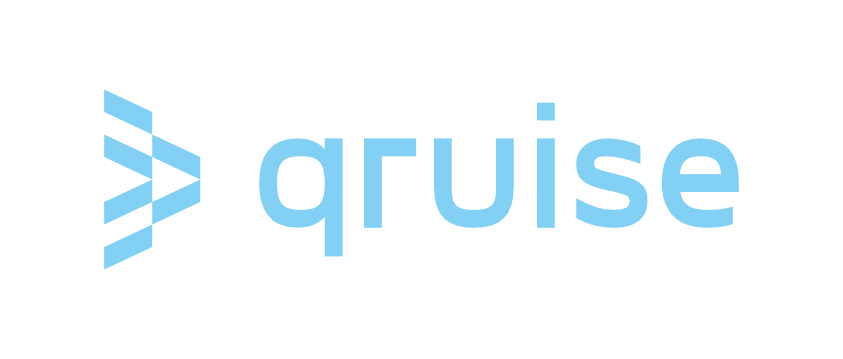


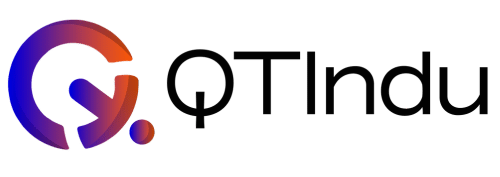
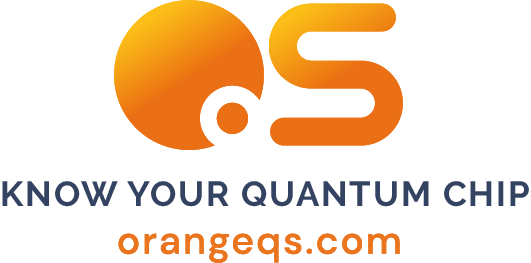






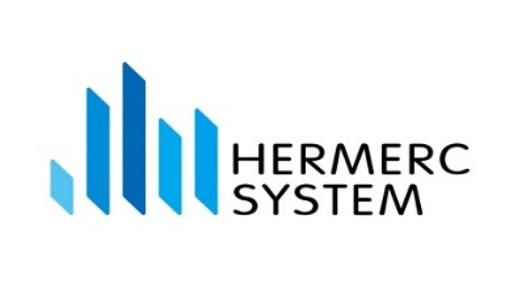


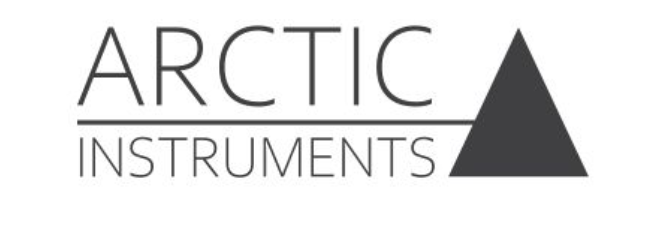

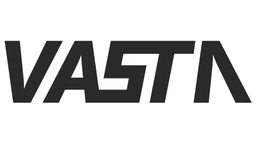

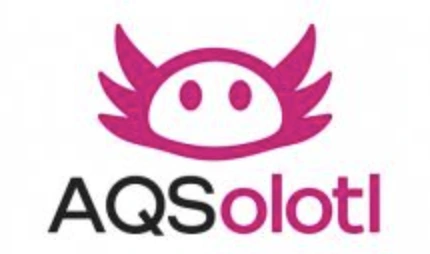


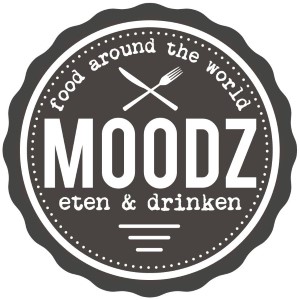

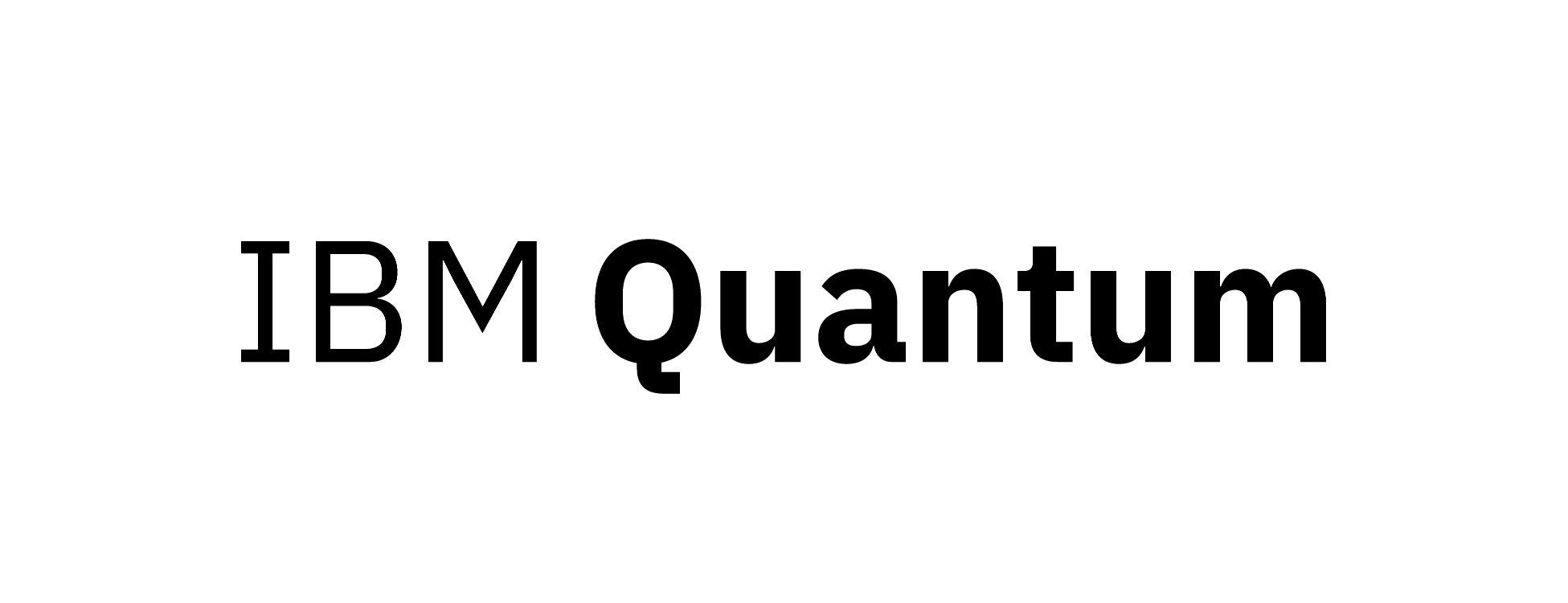 IBM Quantum is an industry-first initiative to build quantum systems for business and science applications.
IBM Quantum is an industry-first initiative to build quantum systems for business and science applications.
.png) The Rohde & Schwarz technology group is among the trailblazers when it comes to paving the way for a safer and
connected world with its leading solutions in test & measurement, technology systems, and networks &
cybersecurity. Founded more than 85 years ago, the group is a reliable partner for industry and government
customers around the globe.
The Rohde & Schwarz technology group is among the trailblazers when it comes to paving the way for a safer and
connected world with its leading solutions in test & measurement, technology systems, and networks &
cybersecurity. Founded more than 85 years ago, the group is a reliable partner for industry and government
customers around the globe. Classiq is the leading quantum software company, providing a development platform built to design, implement
and optimize quantum circuits. Our patented quantum algorithm design engine automatically converts high-level
functional models into optimized and hardware-aware circuits. With it, you can build sophisticated algorithms
that could not otherwise be created, bypassing the need to work at the quantum assembly level. The platform
connects directly to quantum hardware for seamless execution. Classiq offers free platform access to academia
users that register
Classiq is the leading quantum software company, providing a development platform built to design, implement
and optimize quantum circuits. Our patented quantum algorithm design engine automatically converts high-level
functional models into optimized and hardware-aware circuits. With it, you can build sophisticated algorithms
that could not otherwise be created, bypassing the need to work at the quantum assembly level. The platform
connects directly to quantum hardware for seamless execution. Classiq offers free platform access to academia
users that register  Qilimanjaro Quantum Tech is a deep-tech startup that addresses real-life quantum-ready problems. Qilimanjaro’s
integrated hardware & software team co-designs high quality superconducting qubit-based app-specific quantum
computers. It has already commissioned its first client gate-based system. In parallel, it is targeting
next-generation analog quantum computers with easy-to-use cloud access to effectively address complex
optimisation and ML problems. It also provides services for businesses to become quantum-ready, particularly
on quantum algorithms, quantum simulation and classical/quantum computer approaches. It has closed significant
customer contracts since its first year of operation, and has become a key contributor to the European
Commission’s AVaQus H2020 project on coherent quantum annealing. Qilimanjaro is a spin-off from the Barcelona
Supercomputer Center (BSC), the University of Barcelona (UB) and the Institute of High-Energy Physics (IFAE).
Qilimanjaro Quantum Tech is a deep-tech startup that addresses real-life quantum-ready problems. Qilimanjaro’s
integrated hardware & software team co-designs high quality superconducting qubit-based app-specific quantum
computers. It has already commissioned its first client gate-based system. In parallel, it is targeting
next-generation analog quantum computers with easy-to-use cloud access to effectively address complex
optimisation and ML problems. It also provides services for businesses to become quantum-ready, particularly
on quantum algorithms, quantum simulation and classical/quantum computer approaches. It has closed significant
customer contracts since its first year of operation, and has become a key contributor to the European
Commission’s AVaQus H2020 project on coherent quantum annealing. Qilimanjaro is a spin-off from the Barcelona
Supercomputer Center (BSC), the University of Barcelona (UB) and the Institute of High-Energy Physics (IFAE).
 Agnostiq develops software tools and applications that aim to make quantum and high performance computing
resources more accessible to enterprises and developers. Along with algorithmic research, Agnostiq is
developing Covalent, an open source workflow orchestration platform designed to help users manage and execute
tasks on quantum and classical high performance computers. You can learn more at www.covalent.xyz.
Agnostiq develops software tools and applications that aim to make quantum and high performance computing
resources more accessible to enterprises and developers. Along with algorithmic research, Agnostiq is
developing Covalent, an open source workflow orchestration platform designed to help users manage and execute
tasks on quantum and classical high performance computers. You can learn more at www.covalent.xyz.
 kiutra, founded in 2018 as a spin-off from the Technical University of Munich, has established itself as a
supplier of innovative cryogenic solutions, products and services providing ultra-low temperatures. We design
and build turnkey cryostats for the development, characterization, and testing of quantum systems, as well as
for their continuous operation. Our systems do not require liquid cooling media, such as rare and costly
helium-3, making them fast, cost-effective, and scalable - ideal for providing cooling along the whole quantum
technology chain.
kiutra, founded in 2018 as a spin-off from the Technical University of Munich, has established itself as a
supplier of innovative cryogenic solutions, products and services providing ultra-low temperatures. We design
and build turnkey cryostats for the development, characterization, and testing of quantum systems, as well as
for their continuous operation. Our systems do not require liquid cooling media, such as rare and costly
helium-3, making them fast, cost-effective, and scalable - ideal for providing cooling along the whole quantum
technology chain.
 Intermodulation Products makes Presto, a combined microwave signal generator and analyzer especially suited
for quantum technologies such as characterization of superconducting qubits and control of multi-qubit chips.
Presto offers a high density of synchronized ports and removes the need of external IQ mixers or local
oscillators, simplifying the experimental setup and allowing for scalable control of many qubits. By making
use of the latest development in RF system-on-a-chip Presto integrates both high-speed ADCs and DACs not just
in a single box, but in a single chip, providing the lowest possible feedback latency for applications such as
qubit reset, as well as extremely low cross-port jitter. Single and multi-qubit gates, multi-level state
discrimination and randomized benchmarking can all be easily implemented using a Python API where complex wave
forms and filter matches are precisely scheduled in time. Other phenomena such as noise squeezing and noise
correlation can be studied using a multifrequency continuous wave mode.
Intermodulation Products makes Presto, a combined microwave signal generator and analyzer especially suited
for quantum technologies such as characterization of superconducting qubits and control of multi-qubit chips.
Presto offers a high density of synchronized ports and removes the need of external IQ mixers or local
oscillators, simplifying the experimental setup and allowing for scalable control of many qubits. By making
use of the latest development in RF system-on-a-chip Presto integrates both high-speed ADCs and DACs not just
in a single box, but in a single chip, providing the lowest possible feedback latency for applications such as
qubit reset, as well as extremely low cross-port jitter. Single and multi-qubit gates, multi-level state
discrimination and randomized benchmarking can all be easily implemented using a Python API where complex wave
forms and filter matches are precisely scheduled in time. Other phenomena such as noise squeezing and noise
correlation can be studied using a multifrequency continuous wave mode.
 Google's mission is to organize the world’s information and make it universally accessible and useful, and we
advance that mission every day in incredible new ways. Research across Google provides new ways of looking at
old problems and helps transform how we all work and live, and we think the biggest impact comes when everyone
in the world can access it. To that end, we use state-of-the-art computer science techniques to solve problems
for our users, our customers and the world, making it easier for you to do things every day, whether it’s
searching for photos of people you love, breaking down language barriers, or helping you get things done with
your own personal digital assistant.
Google's mission is to organize the world’s information and make it universally accessible and useful, and we
advance that mission every day in incredible new ways. Research across Google provides new ways of looking at
old problems and helps transform how we all work and live, and we think the biggest impact comes when everyone
in the world can access it. To that end, we use state-of-the-art computer science techniques to solve problems
for our users, our customers and the world, making it easier for you to do things every day, whether it’s
searching for photos of people you love, breaking down language barriers, or helping you get things done with
your own personal digital assistant.

 Keysight's Quantum Engineering Solutions group enables your breakthroughs in quantum computing, sensing,
and
communications. As leaders and innovators in scalable quantum software and hardware solutions, we develop the
tools and provide expertise for customer success. We service applications from finance, materials science, and
logistics to scalable quantum processors as well as next-generation quantum architectures and networks.
Keysight's Quantum Engineering Solutions group enables your breakthroughs in quantum computing, sensing,
and
communications. As leaders and innovators in scalable quantum software and hardware solutions, we develop the
tools and provide expertise for customer success. We service applications from finance, materials science, and
logistics to scalable quantum processors as well as next-generation quantum architectures and networks.